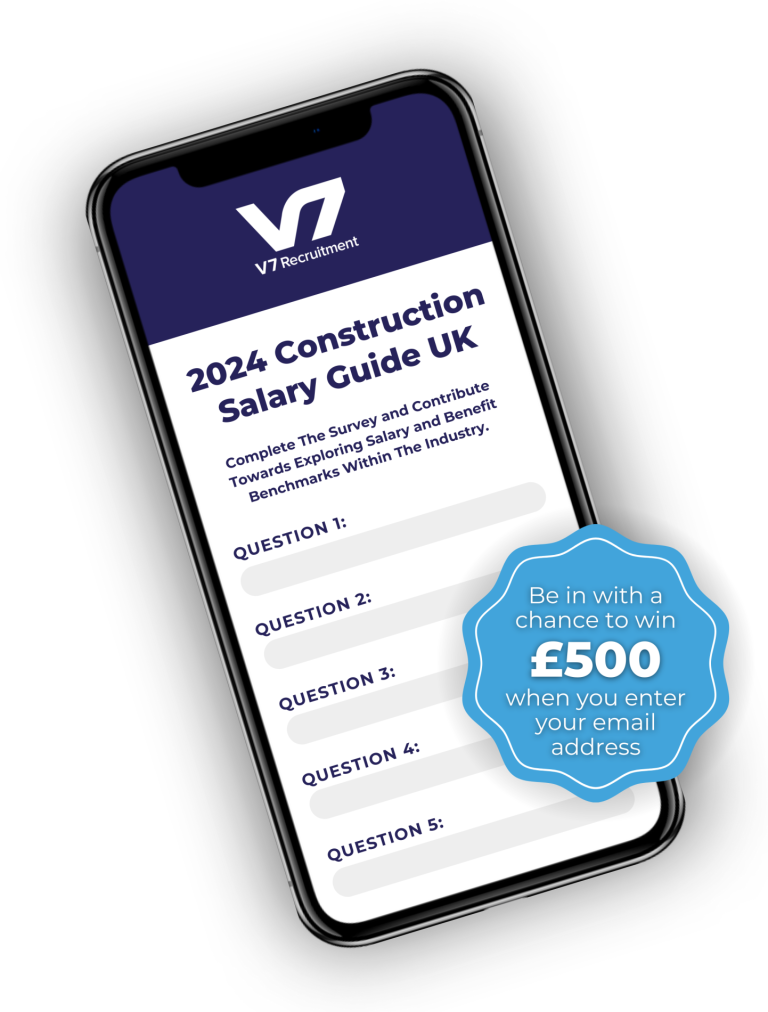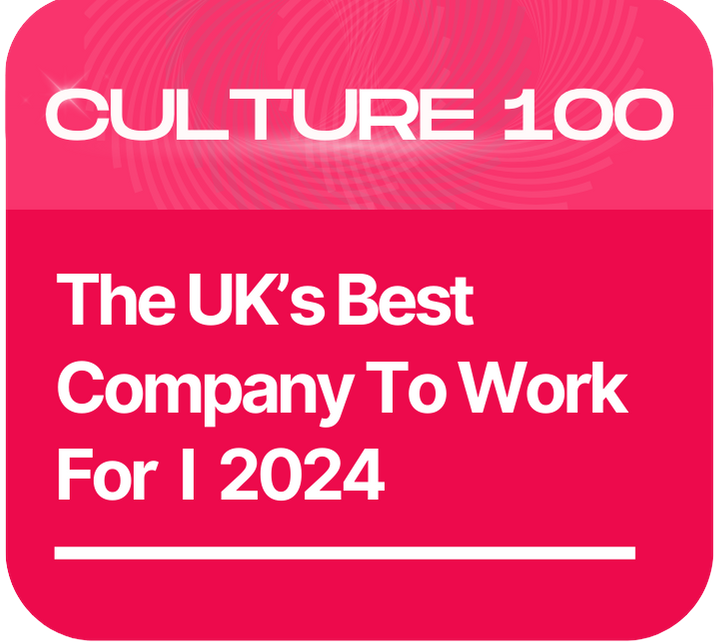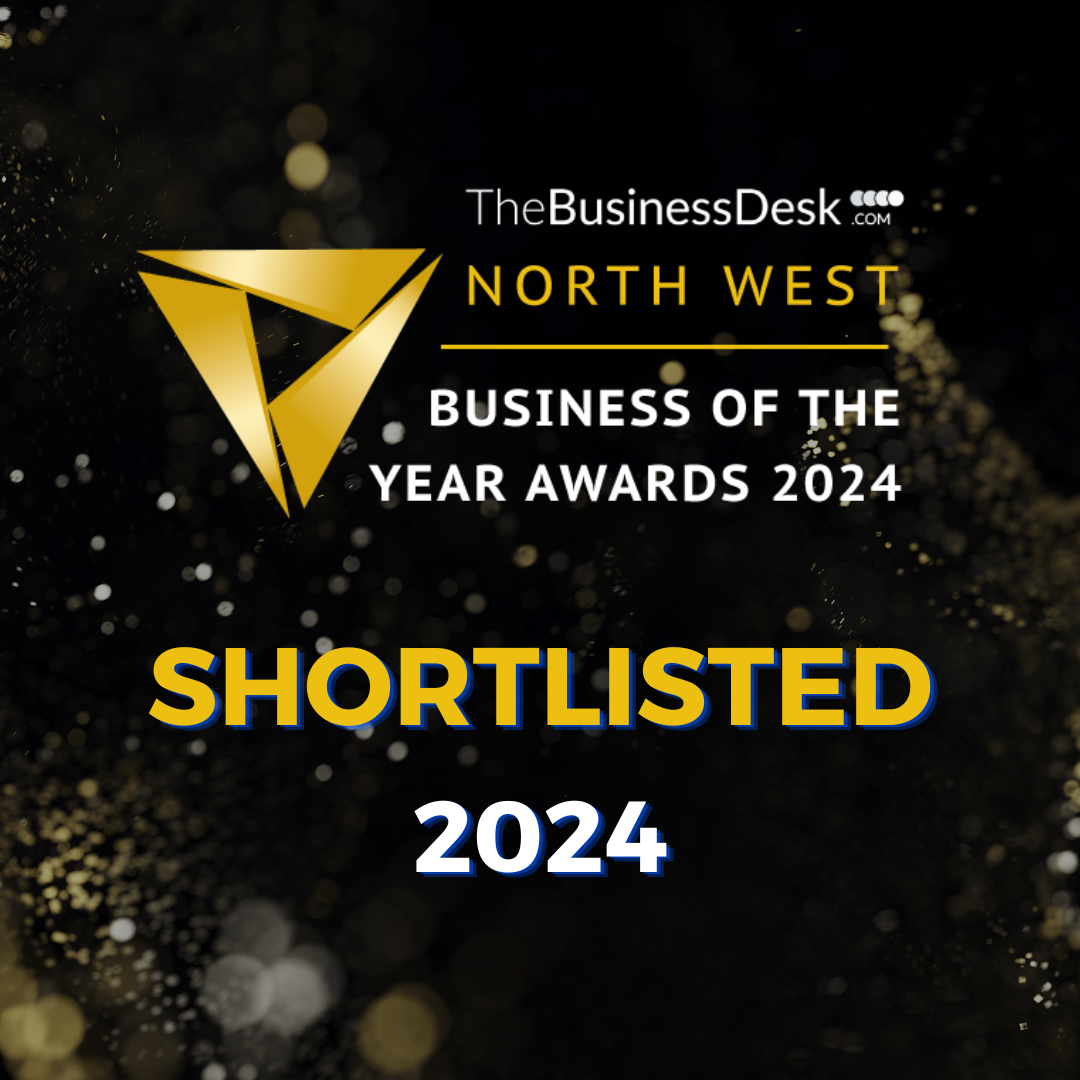Salary Guides: The Importance Of Knowing Your Worth

No matter the stage of your career or the type of job you’re applying for, knowing your worth when it comes to remuneration is vital.
With the National Living Wage increasing by 9.8% to £11.44 per hour in April, salaries are firmly in the spotlight for both employers and employees, as both parties examine their hiring packages, offerings and competitiveness.
With such notable increases to the UK Living Wage, these changes must be reflected in salaries sector-wide. And with over 900,000 live vacancies listed in the UK in February 2024, employer offerings must stack up – or be even better – than others in their sector to stand out against the crowd. For employees, understanding the value of your current offerings can be the tipping point between looking to move role, bargaining to secure a higher salary, or feeling content in your current position.
So, where do you start?
Salary Guides are a useful tool that showcase the current salary offerings, benefit packages, and trends within in sector that are used by both employers and employees. They are formed from extensive research to gain real-time information that helps ensure salaries are fair and competitive.
Let’s explore some of the benefits of using a Salary Guide.
Benefits of a Salary Guide… For Employees
Knowing Your Worth In The Market
Firstly, and most obviously, Salary Guides give clarity of what others in your sector, and in similar roles, are getting paid. They provide visibility as to how salaries change depending on location, seniority and type of position that you might not have access to otherwise.
This information is incredibly useful to know, especially if you’ve been in your role for a significant duration or are newly entering the working world.
A Salary Guide will provide you with credible knowledge that’ll allow you to accurately market yourself in the current climate against those in similar roles; whether you’re going forward for a new role, looking to secure a higher salary during an appraisal or eager to transition into a new field, these guides provide you with the information to do so.
Without salary guides, you may not know if you’re being undervalued and underpaid by your current employer, or receiving a generous salary that’ll be hard to easily attain elsewhere.
Understand salary trends in your sector
Although Salary Guides provide a snapshot of what pay packages are being offered at that moment in time, they also allow you to track pay trends and review how salaries have changed over the years… as well as predict how salaries may progress in the future.
Of course, events happen that industries, nations and even the world can’t predict… take Covid for example! But as a whole, economists and market analysts carefully watch how different sectors develop and take into account external factors to ensure their predictions are as close to being accurate as possible.
With this means for you, is that you’re able to have a better grasp on planning your future – both professionally and personally.
If you notice that a particular role has been growing in demand and salary over the last few years, you may plan to focus your attention on transitioning into this field before it becomes saturated and harder to do so! Similarly, using these guides can help you forge a plan as to when you can hit personal milestones, such as how long it’ll take you to afford to buy a house due to salary and role changes.
If you’re not looking at Salary Guides annually, we suggest you start!
Benefits of a Salary Guide… For Employers
Benchmark Yourself Against Competitors
There are 5.6 million private sector companies in the UK right now… and 334 million globally.
Now, that’s A LOT of options for employees to choose from.
We’ve seen the recruitment market change over the years, from it being employer-led to more recently a candidate-driven market. What this means for employers is the need to develop multiple areas of their business and offerings in order to stand out. But, how can you do this without understanding how you currently compare to those in the market? That is where Salary Guides can help.
With results commonly broken down by sector and location, you will be able to see how you stand against fellow companies in your area. It allows you to make comparisons between your pay and benefits package alongside your competitors and adapt your offerings in accordance, incorporating market demand and trends.
You may think you have an idea of what other companies are offering from job adverts you see online, but what is written online and what employees actually earn and secure can be two different things.
Consider what other benefits are important
Securing great talent through offering competitive salaries is one thing… but keeping them is another!
A major issue facing organisations today is employee retention. With high rates of turnover harming productivity within a business, investing in the right benefits package for employees – and continually reviewing and evolving them – has never been more important.
Benefits that were seen as exclusive a few years ago are now just part of the ‘norm’. But unfortunately, not all employers are progressive and recognise this.
Offering competitive benefits packages can increase employee motivation and retention within the company making it harder for staff to poach. A Compensation package includes salaries, bonuses, paid time off, pension plans and more.
Construction Salary Guide
Knowing your worth as an employee, and being competitive as an employer hiring, has never been more important.
Which is why we've gathered insights from professionals working in the construction industry to find out if salaries remain the biggest motivator when job searching, what benefit packages are preferred and how fruitful the hiring market will be in 2025.#
Explore Live Job Roles Here
Fire & Security Compliance Guide for 2026
GET IN TOUCH












